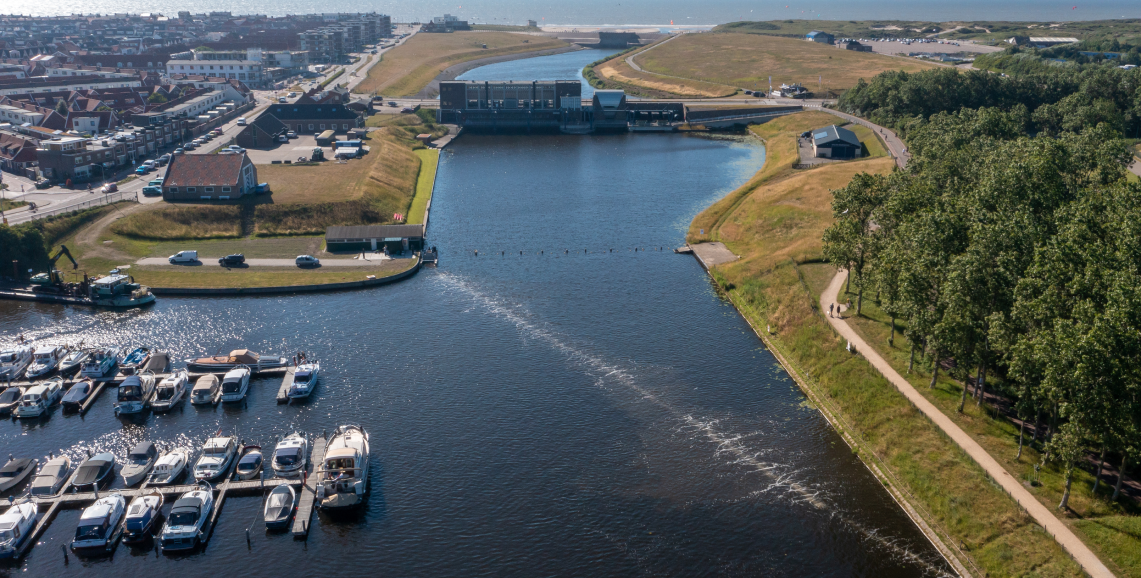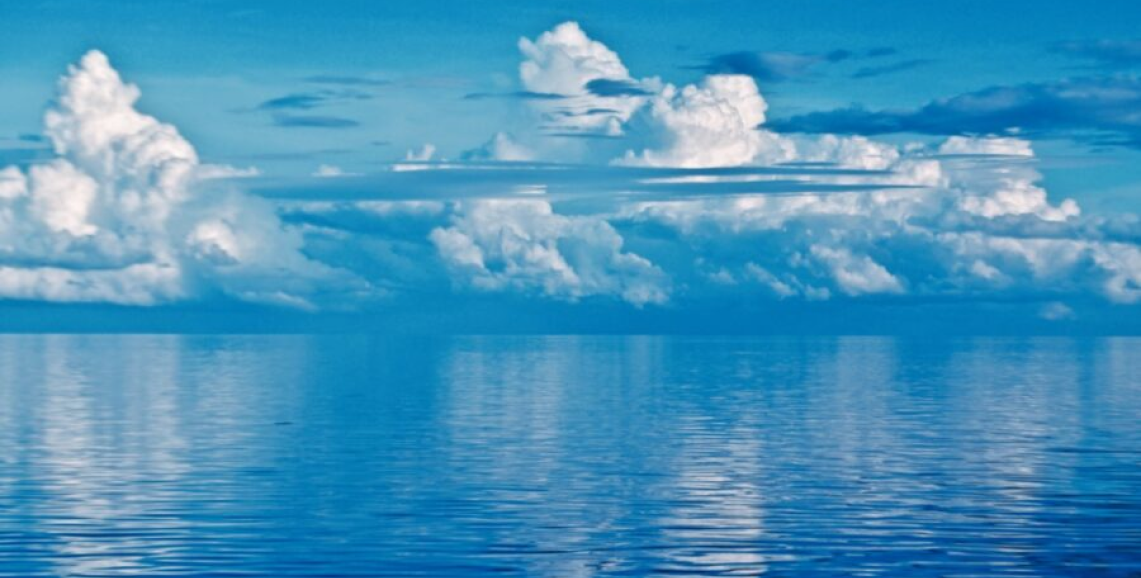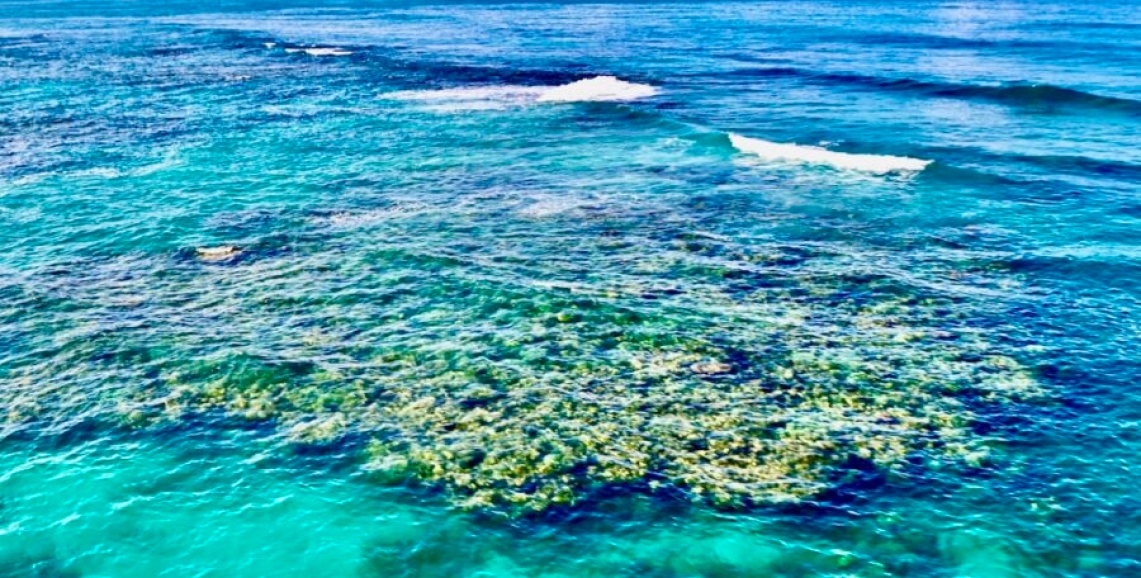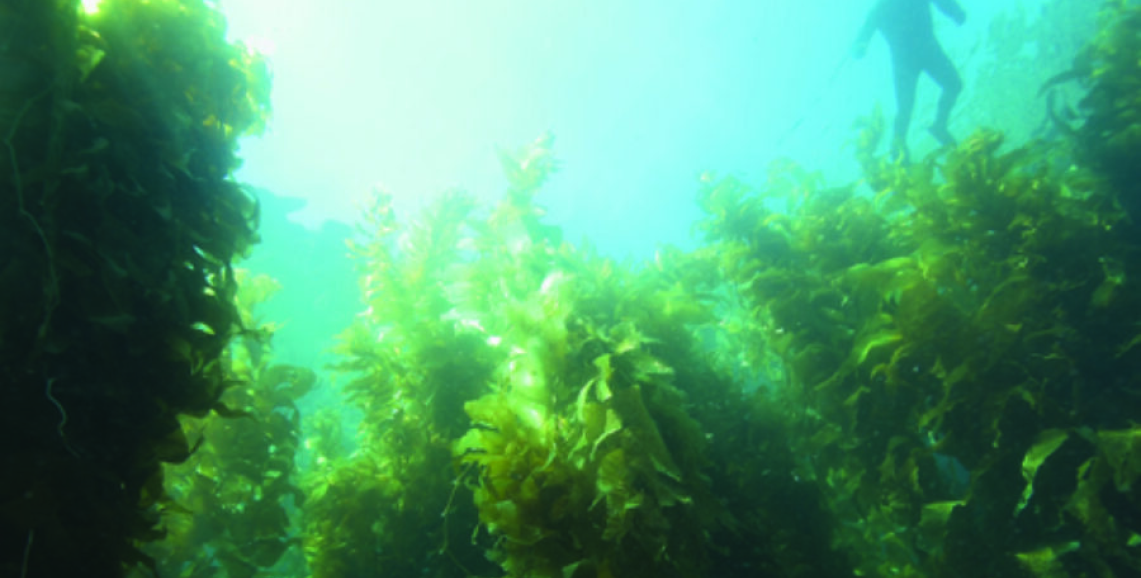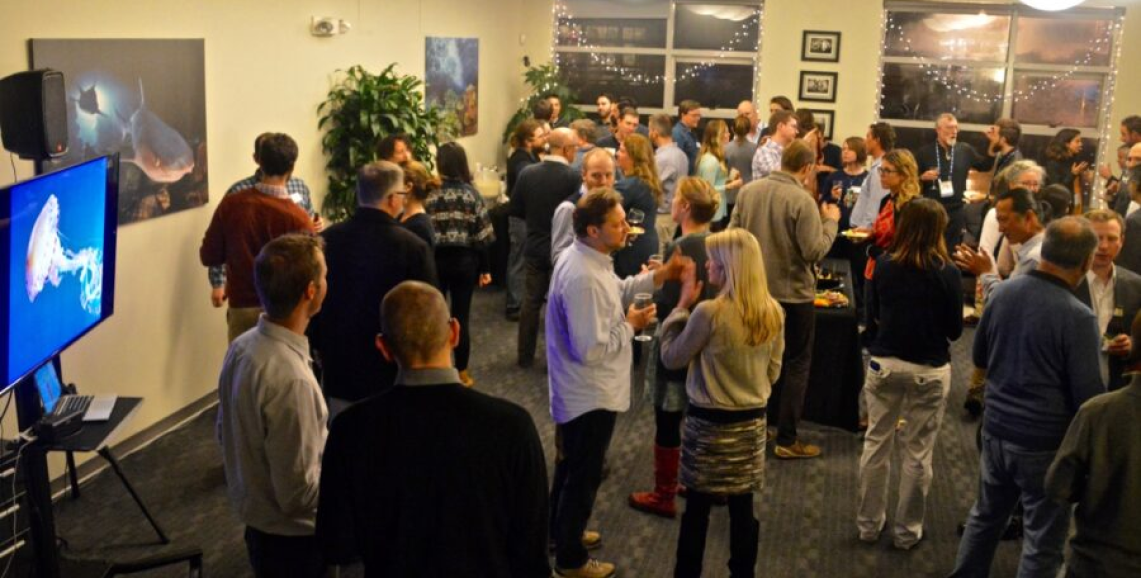The Great Bubble Barrier, based out of the Netherlands, develops bubble curtains that intercept plastic and other pollution in waterways before it can reach oceans. Here, the team explains how the novel technique works:
Each year 1.8 million metric tons of plastic enters the ocean via rivers. Once lost at sea, plastic is almost impossible to retrieve and degrades into smaller particles. The Great Bubble Barrier’s mission is to stop plastic closer to the source without interfering with marine life or boat traffic. Schmidt Marine, became a proud partner and supporter of this work after an initial collaboration with The Great Bubble Barrier and Stop! Microwaste in 2019.
The Great Bubble Barrier successfully implemented the first ever long-term Bubble Barrier to catch plastic pollution in Amsterdam in 2019. It has been continuously operating ever since, and removes about 85 kg (8,000 pieces) of inorganic debris each month! In 2022, the team deployed the first Bubble Barrier in a river mouth in Katwijk, the Netherlands. The Bubble Barrier system has been extensively tested and proven to catch plastic particles as small as 1 mm and intercept 86% of floating test material in inland water.
Their inventive and ingenious solution to ocean pollution earned the team international attention as a 2022 Earthshot Prize finalist. The Earthshot Prize is awarded to breakthrough solutions that can solve the biggest environmental challenges across 5 themed areas, including “Revive Our Oceans.”
“We are so humbled to have been named finalists for this award, and see this as the next step to growing The Great Bubble Barrier internationally. We hope to see more cities in the Netherlands and over the world reaching out to implement this solution in their rivers. Thank you to our fellow SMTP grantees and 2021 Earthshot Prize winner, Takachar, for nominating us! We are eager to use SMTP’s continued support to help develop and accelerate our work, in addition to Earthshot’s global platform to share our story,” said Francis Zoet, co-founder and COO of The Great Bubble Barrier.
